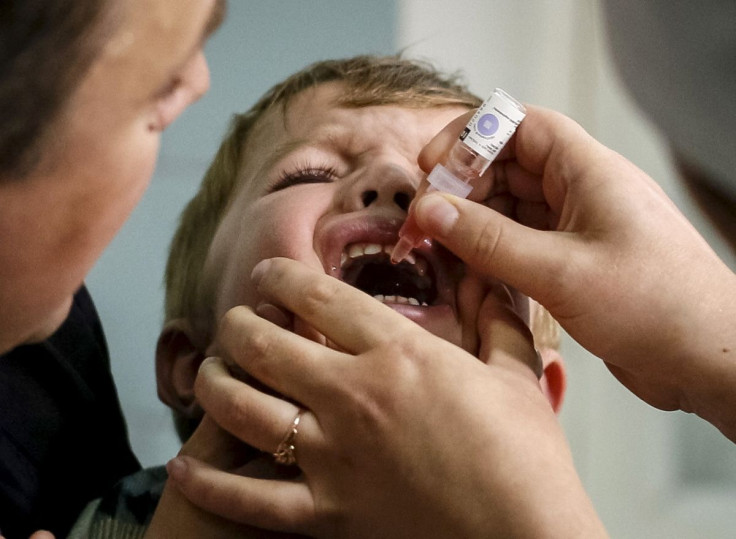National Vaccination Day: 7 Facts About Inoculation
National Vaccination Day is observed in India on March annually 16 to mark the day in 1995 when the first oral polio vaccine was administered in the country. The observance stresses the important role that vaccinations play in public health.
Vaccines are "preparations" that, when administered to the body, stimulate the body's immune system against diseases. In other words, they reduce people's risks of diseases by using the body's own natural defenses.
The World Health Organization (WHO) describes immunization as a "proven tool for controlling and eliminating life-threatening infectious diseases." Today, there are now vaccines for life-threatening diseases such as tetanus, influenza, measles and pertussis, and immunization has saved millions of lives each year.
"Yet despite tremendous progress, far too many people around the world – including nearly 20 million infants each year – have insufficient access to vaccines," the WHO noted. "In some countries, progress has stalled or even reversed, and there is a real risk that complacency will undermine past achievements."
Since National Vaccination Day emphasizes the importance of inoculation, let's look at some important information to separate the myths from the facts. (Courtesy: the WHO, the American Academy of Allergy, Asthma & Immunology (AAAI) and the American Academy of Pediatrics)
- Vaccines provide protection against disease. While vaccines may produce reactions similar to natural infection, they don't come with the same death and disability risks as natural infection. Vaccines have saved millions of lives, with "most" childhood vaccines being "90% to 99% effective in preventing disease," as per the American Academy of Pediatrics.
- Vaccines are safe. Most reactions to vaccines are "temporary and minor" such as swelling in the area where the shot was given. Serious side effects of vaccines are said to be "rare."
- There is no link between vaccines and autism. According to the WHO, the rumor about the connection began with a study in 1998 that was "quickly found to be seriously flawed" and was even retracted by the journal that published it.
- Without vaccinations, diseases can come back. Even the diseases that are already considered "uncommon" can make a return if people stop getting vaccinated for it. Furthermore, people can still get diseases that are rare in the U.S. if they're not vaccinated and visit a place where the disease still exists, so it's best to get vaccinated even if you think the infection risk is low.
- The ingredients in vaccines allow it to be safely administered. Some people may be concerned about some of the ingredients in vaccines, but the ones in vaccines are in "much lower" doses than the doses we are exposed to in the environment.
- People can report adverse reactions to vaccines, although, serious side effects are rare and vaccine safety is taken very seriously. Anyone who experiences a health problem after getting a vaccine can easily report it to the Vaccine Adverse Event Reporting System (VAERS), whether the health issue was caused by the vaccine or not. However, those who have a medical emergency should call 911 or a healthcare provider.
- Children still need to get vaccinated even if the others around them already are. Herd immunity can protect those who can't get the vaccine such as the immunocompromised, infants, pregnant women. However, if "enough" people depend on it for their protection from a vaccine-preventable disease, herd immunity will eventually disappear.
"We should not rely on people around us to stop the spread of disease – we all have a responsibility to do what we can," the WHO noted.

© Copyright IBTimes 2024. All rights reserved.






















